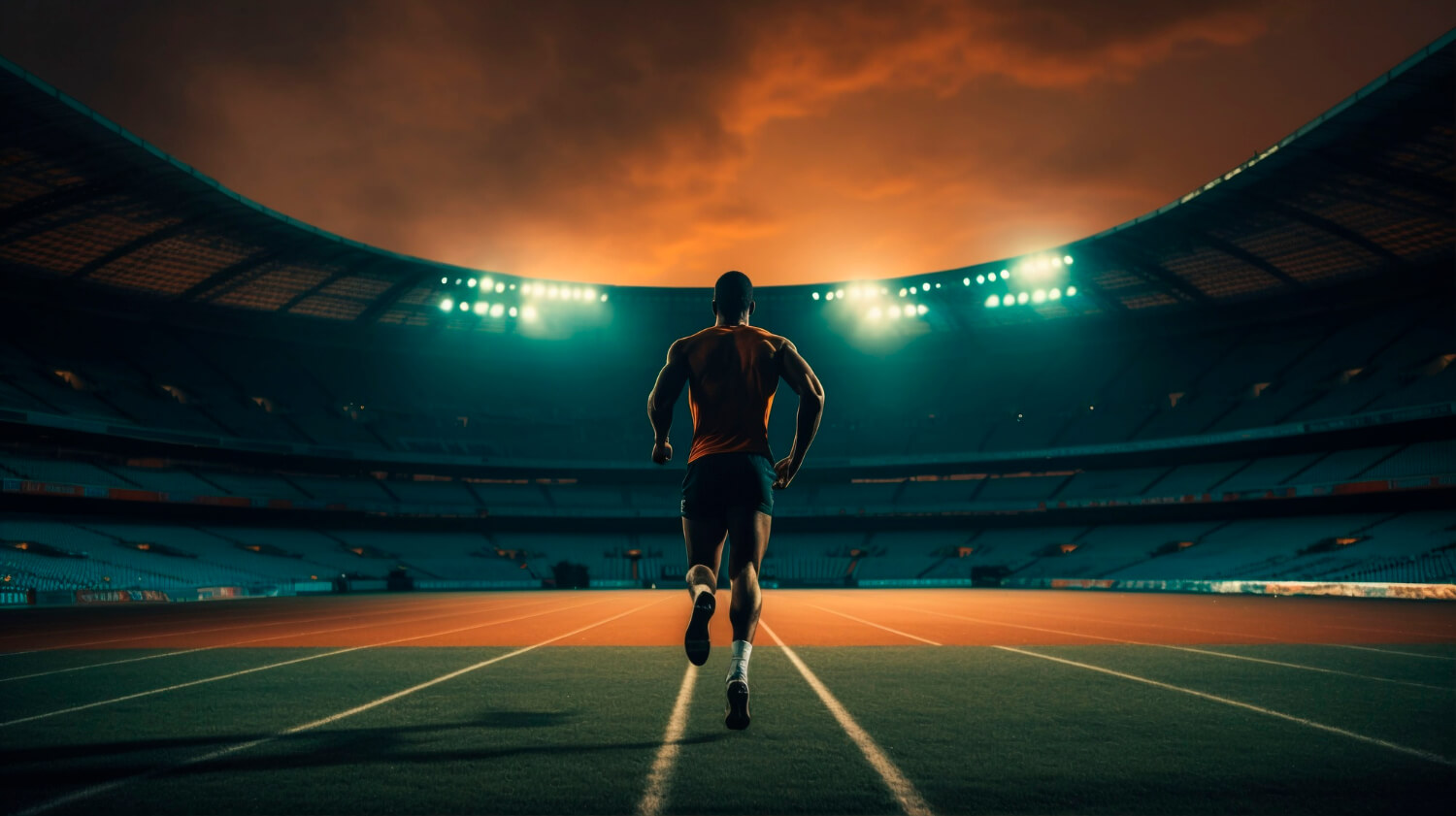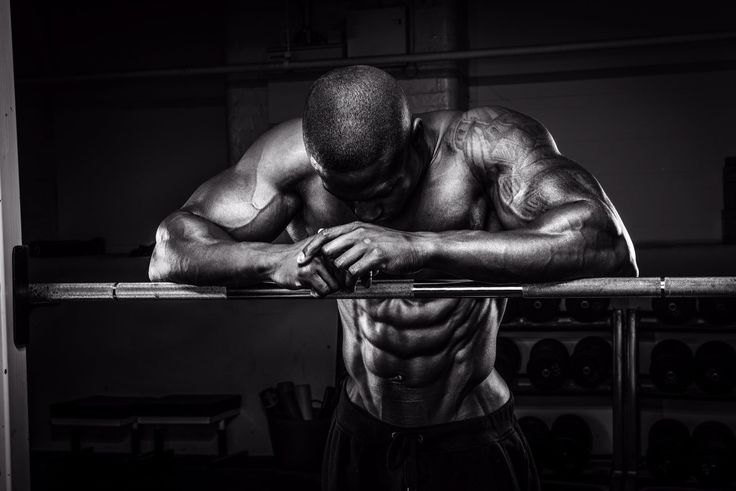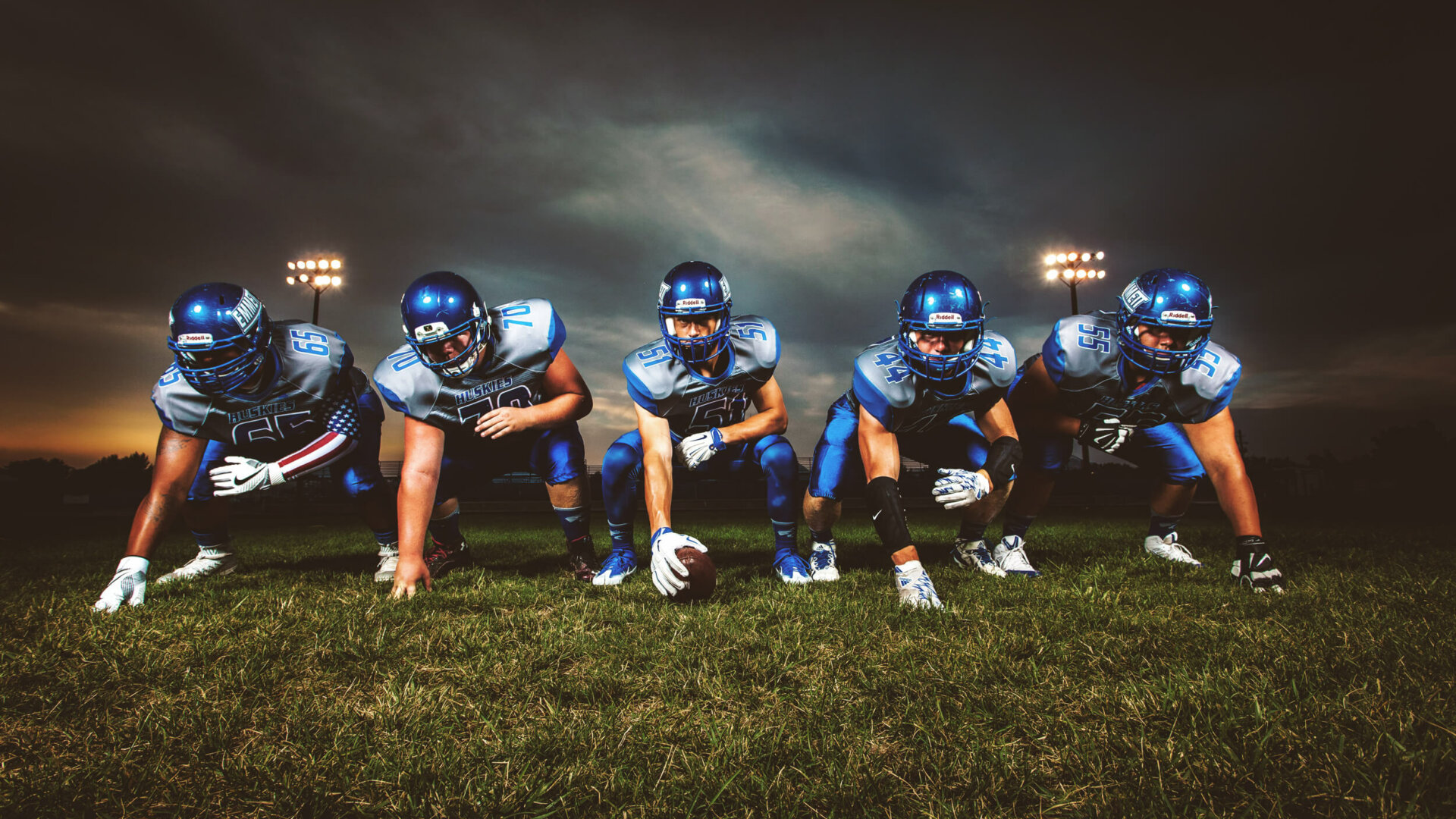Fitness is the key to success in any sport. When we say “fitness” we mean it in terms of your mental and physical health. Every sport enthusiast has a tough schedule and a routine to follow to ensure their success in every step. Your ability to strike that balance between work, life, and achieving your athletic goals is one of the biggest things you will struggle with as an active athlete. Harmoniously balancing your time may seem impossible sometimes making you feel overwhelmed. You may need sacrifices in certain aspects of your life and with the right prioritization, planning, and communication an achievable balance that many athletes have achieved over the years.
Fitness is the key to success in any sport. When we say “fitness” we mean it in terms of your mental and physical health. Every sport enthusiast has a tough schedule and a routine to follow to ensure their success in every step. Your ability to strike that balance between work, life, and achieving your athletic goals is one of the biggest things you will struggle with as an active athlete. Harmoniously balancing your time may seem impossible sometimes making you feel overwhelmed. You may need sacrifices in certain aspects of your life and with the right prioritization, planning, and communication an achievable balance that many athletes have achieved over the years.
Quick and proven tips given by successful athletes to maintain their work-life balance:
1. Maintain a calendar:
Maintaining a calendar helps you get organized, and sets proper task priority making sure that sorts out ahead whether or not to be overcommitted. Scheduling also helps with time management by enabling you to give priority to and commit your focus on what matters, even as priorities shift due to changing needs. This structured method does not just help manage all the pressure but also aids in increased efficiency leading to a balanced professional and personal life.


2.Focus on overall fitness
As we have already said initially, your complete fitness is not just a choice but vital as an athlete. Imagine, having a sport on a day but your body isn’t healthy. Do you think you can be a good performer? No! Hence, following a good diet and also exercising well will help you keep healthy and active. Furthermore, fitness is not only about physical readiness for the match, it also includes the recuperation and treatment of injuries during training and competition time. Strength training, cardiovascular exercise, stretching, and adequate rest should be incorporated into an athlete’s fitness regime. It can help train and competitively perform effectively as well as enhance long-term sports sustainability. Proper nutrition and sound conditioning programs form the athlete’s fitness regimen can effectively maximize your physical fitness, bodily strength
3.Maintain a healthy social connection
Despite having people in your environment, securing relationships with individuals who may come across as compassionately knowledgeable about athletes’ mental variation is not something to scoff at. These include parents, siblings, or other relatives who may be supportive at any point that the person feels like being consoled, peers who the person feels comfortable sharing his/her ordeal with, or other people who engage the person in different sporting activities, trainers, and fellow athletes.
One person who can help you when you are in a rough state particularly is a coach as they will tell you how it was for other athletes. It is important to communicate with your supporting system when you are close to the games, it assists in building you mentally to handle the pressure of performance.

4.Seek Professional Help
For athletes who have mental health issues or signs of mental health illnesses like the case of depression, it is very important to seek professional help. Mental health assistance and sports psychologists and therapists may include essential services depending on athletes’ requirements. They provide a platform where such ailments can be explained competently and ways of handling them provided. Sport assistance should be regarded as an essential training part of the athletes. Similar to how a sports medicine doctor would be consulted if one expects an injury to occur, one should go to a sports psychologist/therapist or any licensed therapist if one expects the onset of depression/ anxiety.
The Final Thoughts
There are numerous ways of maintaining a good work-life balance as an athlete, however, the above-mentioned are the most effective ones to overcome any challenges on the way. Choosing sports as a career is a challenge in itself. You have thousands of eyes on you who look forward to your success. Hence, following these tips can help you succeed and stand against every challenge that comes your way as an athlete.


